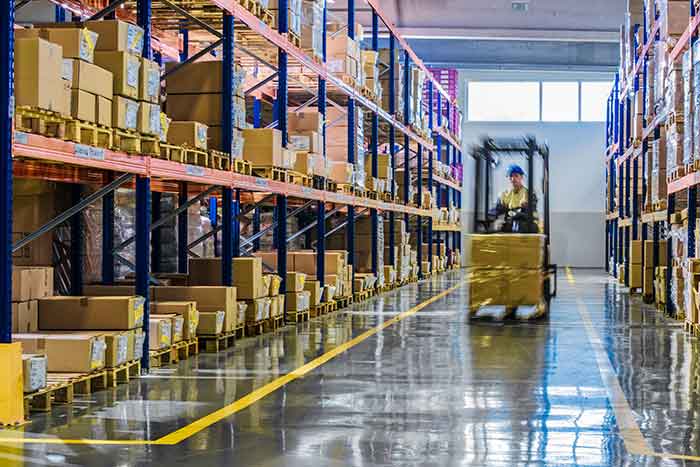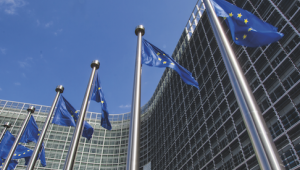An update to customs rules means investigators will now have access to IT systems that gather information on the movement of goods entering, transiting and leaving the EU, in order to better combat customs fraud.
Customs fraud includes the mis-declaration of product origin or the undervaluation or mis-description of goods at import, which can all leave the EU seriously out of pocket.
While the EU's anti-fraud office OLAF told PF International there are no well-established estimates as to just how much is lost to customs fraud every year, in a single operation last year OLAF and national authorities prevented losses of over €80m in customes duties.
“Customs fraud is a drain on public budgets and we need to counter it with an effective and smart response,” said European Commission vice president Kristalina Georgieva.
“Thanks to new IT tools, public authorities will be better equipped to address this challenge without disrupting legitimate trade.”
For example, when the EU imposes anti-dumping rules on a product from a particular country, it would be expected that imports of that product from that country would fall sharply.
Often, however, imports from a neighbouring country will also grow rapidly, suggesting exporters are declaring a fraudulent origin of goods. The new rules and the tools they have created will help investigators to spot this.
The legislation that has been updated forms the legal basis for mutual assistance and the exchange of information among member states, as well as to the commission, on matters related to customs fraud.
The update, which comes in to force today, has prompted the creation of two new databases of information, one tracking the movements of shipping containers and the other forming an import, export and transit directory.
The data that will be gathered is limited to sensitive products, such as fuel, alcohol and tobacco. According to data from OLAF, the smuggling of tobacco products alone costs the EU around €10bn every year in lost revenue from customs duties and taxes.
Customs officials and OLAF will be able to cross-check the information on both databases to detect fraud.
“These new tools will strengthen the analytical capabilities of national customs authorities and OLAF in detecting fraudulent operations,” OLAF said.














